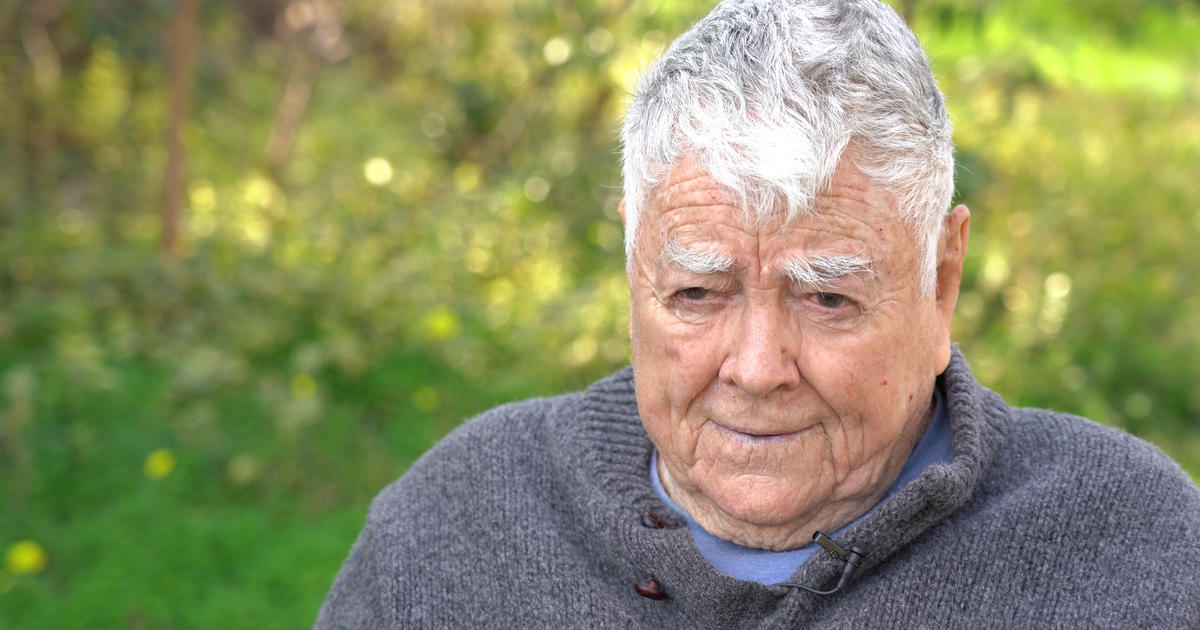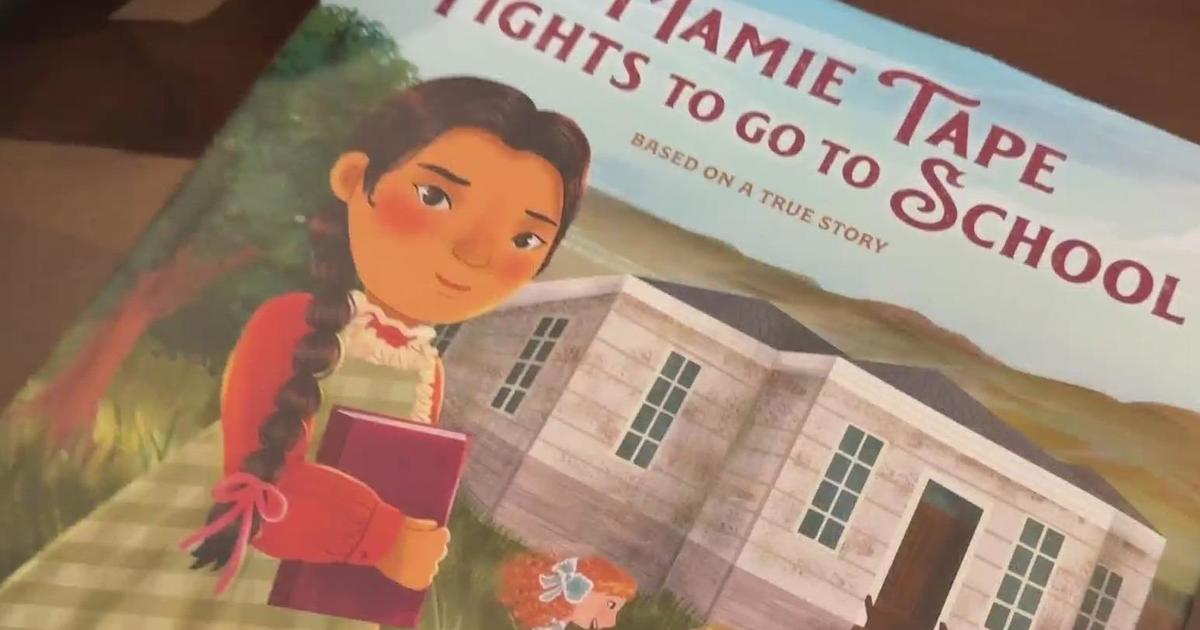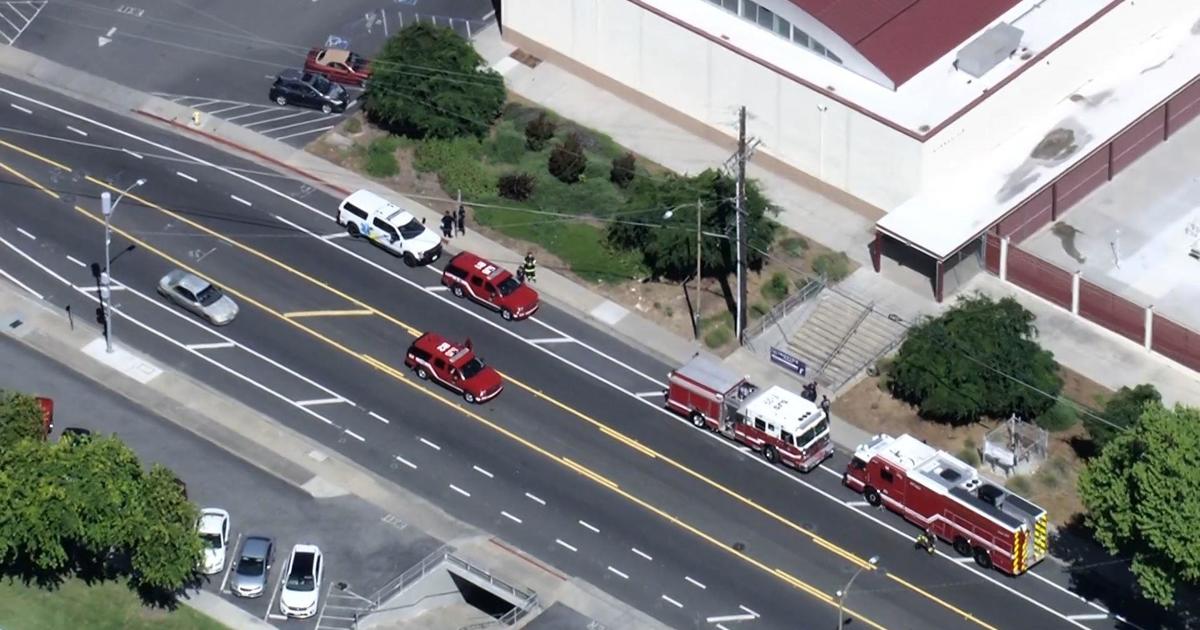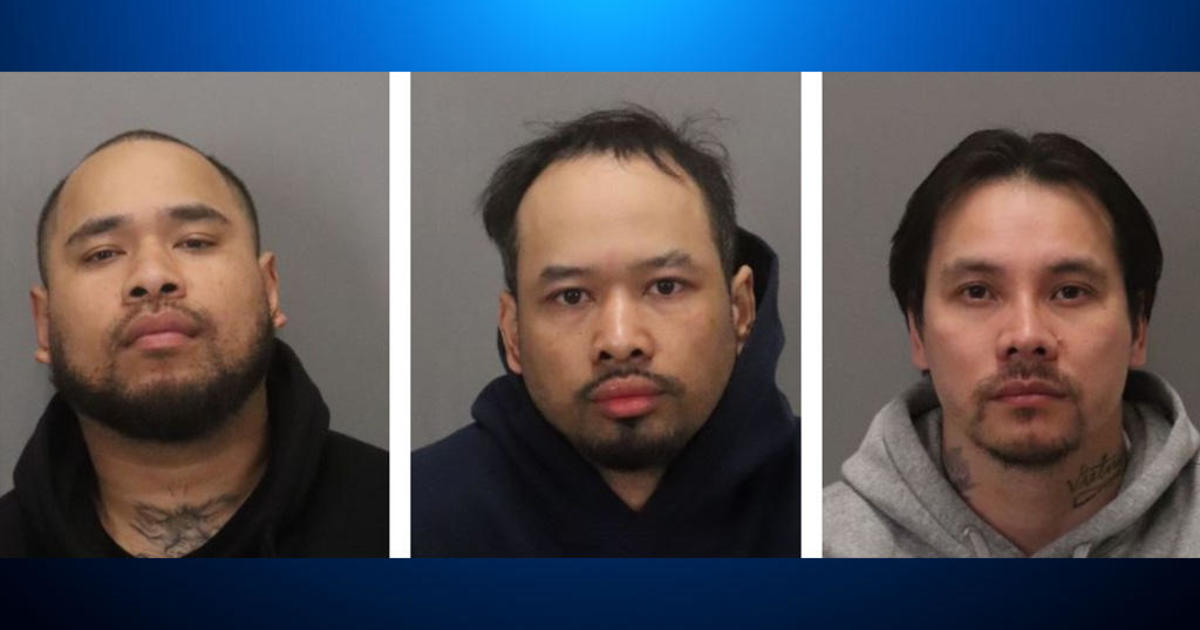Frost advisory issued for Bay Area as temps plummet; Freeze warning in Salinas Valley
SAN FRANCISCO -- Temperatures were plummeting across the Bay Area Wednesday night, prompting advisories from the National Weather Service.
A frost advisory was in effect across most Bay Area counties and the Monterey County coast from midnight to 9 a.m. as temperatures were expected to dip to 35 degrees F or colder. Such conditions could result in hypothermia to people and animals and harm sensitive plants and vegetation.
Meanwhile, the weather service also announced a hard freeze warning was in effect for areas south of Gilroy into the Salinas Valley. Temperatures were forecast to drop to 26 to 28 degrees F, which would kill crops and vegetation and could damage unprotected outdoor plumbing.
The hard freeze warning applied to San Benito County and interior Monterey County. Frigid temperatures were expected to envelop the region through Friday.
Santa Clara County was offering warming centers and overnight warming locations over the next two days to help residents, especially people experiencing homelessness, cope with the cold.
The county has several locations where people can go to warm up, including libraries in Cupertino, Gilroy, Los Gatos, Milpitas and Morgan Hill.
Also, outreach workers and volunteers have been distributing blankets, beanies and other essential items since Monday, according to of the county's Supportive Housing Deputy Director Kathryn Kaminski.
"We encourage anyone experiencing homelessness to call our Here 4 You Call Center at (408) 385-2400 to locate a location near them for refuge from the temperatures," Kaminski said in a news release Wednesday.
For a complete list of warming centers, people can visit PrepareSCC.org/ColdWeather.
The county is also offering tips to help people stay safe during the cold snap:
• Do not burn charcoal or other flammable materials in an enclosed space, to prevent carbon monoxide poisoning.
• Drive slowly and be on the lookout for hazardous travel with slick road conditions including possible ponding on roads and freeway off-ramps and minor flooding in low-lying or poor drainage areas.
• Unsheltered community members, older adults, children and those with access and functional needs should seek shelter now as they are at higher risks of hypothermia.
• Avoid being outside during the coldest part of the day, or for extended periods of time in extreme cold weather.
• Dress in layers, wear a hat, scarf, gloves and mittens, and waterproof, insulated boots to avoid hypothermia or frostbite.
• Get out of wet clothes as soon as possible to reduce the risk of hypothermia.
• Stay hydrated by drinking plenty of water with electrolytes.
• Avoid excessive consumption of alcohol and non-prescription medication if you will be staying outside as it may lead to death or serious injury.
• Seek medical attention immediately and call 9-1-1 if you see someone experiencing hypothermia.



